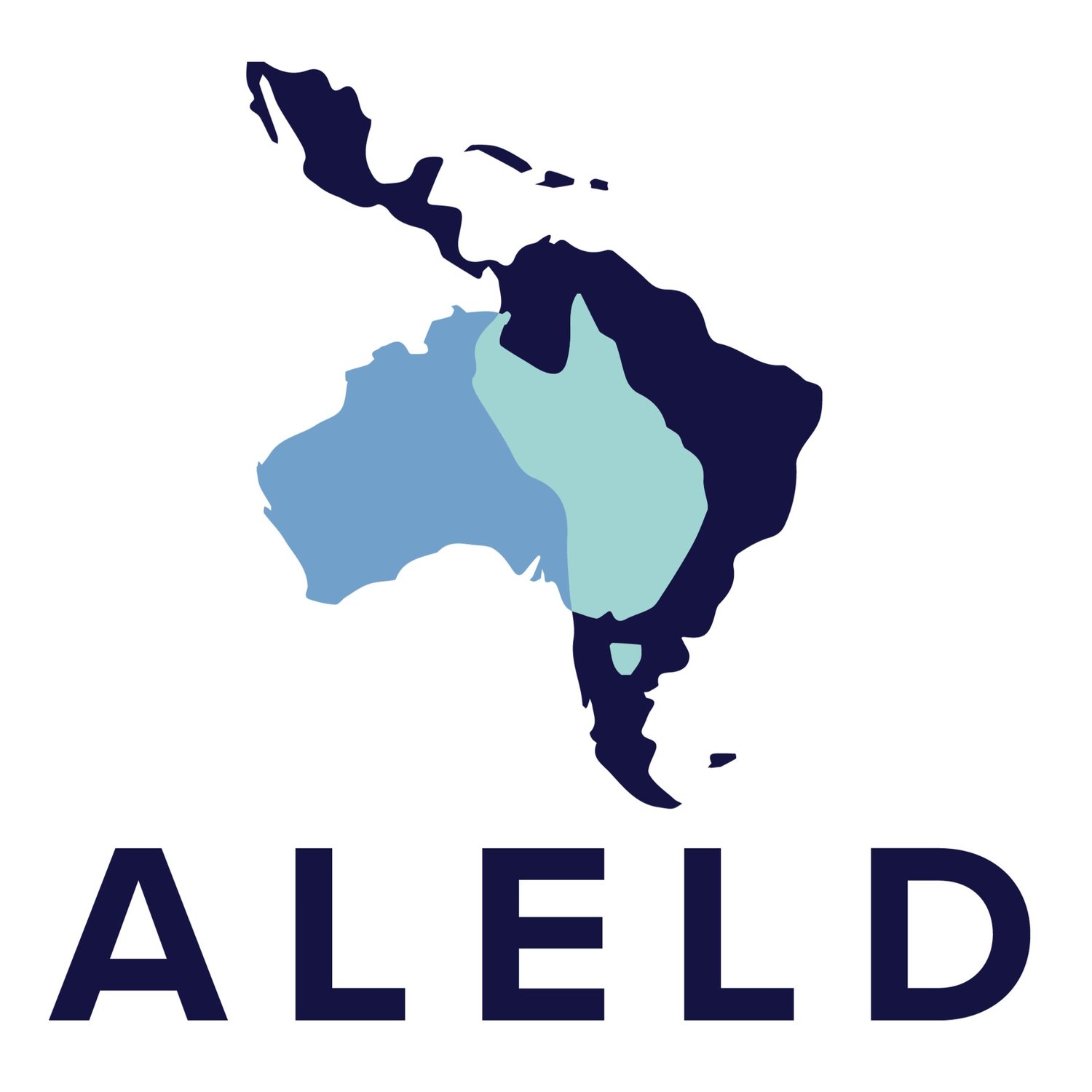Trump’s Tough Trade Talks with Colombia: A Warning to Latin America
US President Donald Trump welcomes former Colombian President Iván Duque Márquez to the White House. Image available via Public Domain.
United States President Donald Trump has begun his second term’s foreign policy with a bullish tone. The first target of his trade-based strategy was Colombia. Trump threatened Colombia with a 25 per cent tariff on Colombian goods in pursuit of his electoral promise to remove illegal immigrants from the US. US military planes were blocked from landing by President Gustavo Petro who suggested the criminal-like returns were undignified. However, It wasn’t long, until President Petro agreed to allow all returning Colombians home, meaning that Trump’s threats were effective.
The Colombia case is one example of Trump utilising tariffs to implement his political goals. This includes reducing the number of unauthorised border crossings and other objectives (like in Canada) such as reducing the movement of fentanyl into the US. Trump is doing this by using executive power to bypass the legislative branch, where his controversial bills would face stiff opposition - perhaps even from within the Republican party. This short-lived trade war with Colombia has a dual use. It acts as both a warning and commitment that Trump is willing to administer harsh economic consequences on any country who resists Washington’s unauthorised migrant crackdown. This reinforces the perception in the international community that his threats are not empty rhetoric but are actionable policy.
In response to Trump’s intensified immigration crackdown–including deportations and stricter border enforcement–Colombia took a stand for human rights. President Petro said he would only accept the return of citizens if done so with dignity. Posting on X, Petro stated: “A migrant is not a criminal and must be treated with dignity that every human being deserves. That is why I ordered the return of US military planes carrying Colombian Migrants,” He also shared footage of Brazilian migrants repatriated with chains around their wrists and ankles. Petro continued, “I cannot force migrants to remain in a country that does not want them. But if that country returns them, it must be with dignity and respect - for both them and our nation.”
Trump responded with a fiery statement on social media, labelling Petro as a socialist, “who is already very unpopular amongst his people,” and that denying this flight's landing “jeopardised” US national security. US Secretary of State Marco Rubio echoed Trump, releasing a statement saying: “Colombian President Petro had authorised flights and provided all needed authorisations and then cancelled his authorisation when the planes were in the air.”
At the same time, Trump announced an instant 25 per cent tariff on all Colombian exports to the US market that would increase to 50 per cent after seven days. Trump also demanded suspension of visa services at the US embassy in Colombia, essentially banning Colombians from entering the US. While Colombia is not a major trading partner with the US, Colombia does export crude petroleum and coffee. The latter caused a rise in prices for US consumers in 2024 and this trade dispute provoked a further spike in coffee prices.
Coffee Farm in Colombia. Image credit: Maria del Pilar Ruiz via Wikimedia Commons.
The impact of these tariffs extends far beyond the Americas by limiting the global market supply it will feed into the global trend of rising coffee prices. In Australia, consumers and cafe owners alike have been grappling with cost increase pressures, with industry experts warning the price of a flat white coffee could reach AU$10 by the year's end. Colombia and Brazil, the world’s third and largest coffee producers, face the risk of disruptions due to Trump’s use of tariffs. If tensions escalate between Washington and these two key economies over returned migrants or other geopolitical challenges, Trump may implement further tariffs, in turn exacerbating stability issues within the global coffee supply chain. This event underscores the vulnerability inherent with heavy trade dependence on a limited number of global suppliers. It also serves as a critical reminder for policymakers that key import sectors are likely to suffer during times of geopolitical instability, and as trade tensions between the US and China rise, Australia must prepare for the risk of international trade disruptions.
In an effort to counter this immense pressure from Trump, Petro ordered a 25 per cent tariff on US imports into Colombia. This led Petro to encourage domestic suppliers to fill the void left by more costly American products by offering government assistance to ramp up national economic production.
Luis Gilberto Murillo, Former Minister of Foreign Affairs of Colombia. Image available via Public Domain.
However, behind the scenes, government officials from Petro’s administration worked through back channels with their counterparts in Washington to calm the dispute. In a surprising turnaround only hours after the social media spat, Former Colombian Foreign Minister Luis Gilberto Murillo announced to reporters that a deal had been reached and that Colombia would accept the return of migrants, though he avoided specifying the means of their repatriation. He also said he would be travelling to Washington for further meetings with the Trump administration. Trump’s swift and forceful trade retaliation underscores the difficult balancing act Latin American leaders face as they navigate between national sovereignty and economic reliance on the US. Looking ahead at the next four years of the Trump administration, the region must brace for further potential disruptive conflicts.
Author Bio: Alister Gibson is a third-year International Relations Student at the University of Adelaide and a regular contributor at ALELD. He has a keen interest in political order, history, and philosophy and is currently studying German and Spanish.
Content Disclaimer
The views expressed in this article are those of the author and do not necessarily represent the views or opinions of the Australia Latam Emerging Leaders Dialogue.



